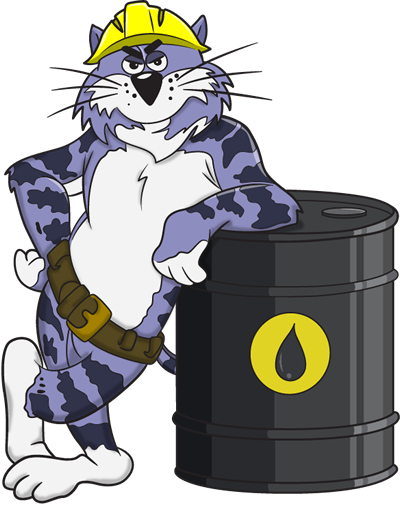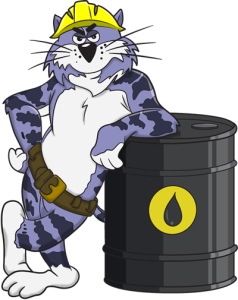Wildcat Petroleum plc (LON:WCAT) Chairman Mandhir Singh caught up with DirectorsTalk for an exclusive interview to discuss their office in South Sudan, the political current situation, any knock on effects and when shareholders can expect possible oil contracts.
Q1: First off, how are things progressing and why did you set up a temporary office in South Sudan?
A1: Things are progressing very well in Sudan. Basically, what’s happened is the Oil Ministry has relocated to Port Sudan and we made an announcement last year, I think around October time, that the Direct General was 100% behind Wildcat Petroleum and our target was to produce 100,000 barrels.
So, for the last two months, we’ve been working on solutions of how to get the company onto the ground in Sudan pumping oil.
So, on the suggestion of the Director General, we’ve got access to office facilities in Juba and we would like to thank NYAT Co for providing those to us . Basically, what the Sudanese government is going to do is liaise with the South Sudan government so that we can get access to the oil fields safely, and we can get equipment and personnel there safely.
What we’ll do if fly into Juba, from Juba we’ll catch a plane to the Unity oil field in South Sudan and then it’s an hour’s ride across the border to Heglig where all of the oil assets are based. We’ll use that route until things settle down in Sudan.
Q2: What is the general overall political situation in Sudan?
A2: Things have reached a stalemate but there’s rumours of secret talks in the Middle East and hopefully, there should be a peaceful resolution.
Unfortunately, there’s been a lot of coups and coups attempts in the past but hopefully this will be resolved peacefully and it’ s all contained in Khartoum, it has no effect on the oil industry whatsoever.
Q3: I was just going to say, what knock on effect does it have?
A3: Well, it’s a bit counterintuitive but political unrest, there’s a 30-year civil war and whatnot, it doesn’t really affect the oil industry because the bottom line is that everyone needs the oil revenues. Actually, since the unrest started on the 15th of April, South Sudan has actually pumped twice as much oil through the pipeline than before the unrest.
The oil fields are located way down in the south, it’s like a world on its own, the pipelines haven’t been attacked, no infrastructure has been attacked, and oil is still flowing to Port Sudan onto the tankers.
The only issue was how to get there safely, and on the advice of the Director General, we’ll go through the south. The North and the South Sudan oil fields used to be on entity anyway so we’ve just taken a bit of a longer route to get access to the oil fields once we sign the oil contracts.
Q4: When can shareholders expect news on possible oil contracts for production?
A4: Wildcat Petroleum’s top priority is to get that first oil barrel out of the ground, through the pipeline onto the tanker and sold.
In June, we announced that we had an investor who’s prepared to invest up to $25 million into production in Sudan under the current circumstances. So, now that the Ministry has relocated to Port Sudan, and is functioning again, we are taking a much more aggressive approach.
I’ll be spending much more time down at the oil fields and top priority is going to be given to get in that first barrel of oil down the pipeline because once we do that, it’s a total gamechanger.



